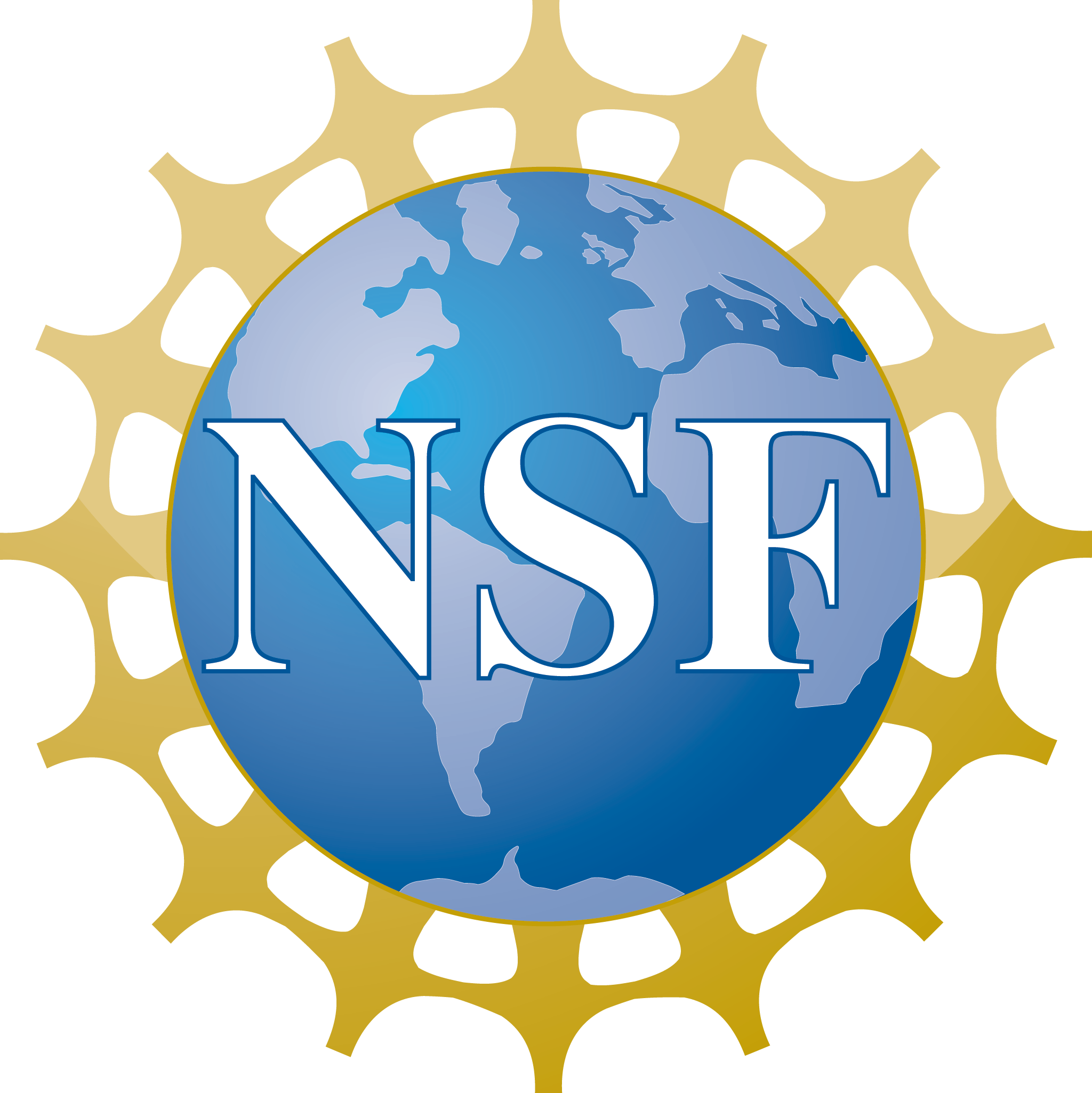
BEINECKE Scholarship
Upcoming November 15 CAMPUS DEADLINE
• Apply as Juniors – with majors in the arts, humanities, or social sciences
• U.S. citizens or U.S. nationals
• Documented history of receiving need-based institutional, state, or federal grants-in-aid.
• Planning on a terminal graduate degree (typically the PhD)
• The selection process is extremely competitive. Most of the previous recipients were at the top of their class academically, with a GPA of 3.7 or better.
Time to think about summer STEM opportunities!
DAAD RISE (The internship database opens between November 1, 2018 and December 15, 2018, the application deadline.)
RISE Germany offers summer research internships in Germany for undergraduate students. In their internships, students are carefully matched with doctoral students- whom they assist and who serve as their mentors. Interns receive a monthly stipend to cover every day costs. About 300 scholarships are available each year.
To apply for an internship placement for summer 2019 you must:
• be currently enrolled at a university/college in the United States in the field of biology, chemistry, computer science, physics, earth sciences or engineering (or a closely related field)
• be an undergraduate who will have completed at least 2 years of a degree program by the time of the internship placement
• prove that you will maintain undergraduate status after the internship has taken place
German language skills are not required for most positions but would be helpful to manage everyday life outside of the laboratory. The working language will generally be English.
National Science Foundation Research Experiences for Undergraduates
NSF funds a large number of research opportunities for undergraduate students through its REU Sites program. An REU Site consists of a group of ten or so undergraduates who work in the research programs of the host institution. These are located all over the US. Each student is associated with a specific research project, where he/she works closely with the faculty and other researchers. Students are granted stipends and, in most cases, assistance with housing and travel. Undergraduate students supported with NSF funds must be citizens or permanent residents of the United States or its possessions. An REU Site may be at either a US or foreign location.
Go to the website below to search for opportunities in the subject areas supported by various NSF units. You may search by keywords to identify sites in particular research areas or with certain features, such as a particular location. Students must contact the individual sites for information and application materials. NSF does not have application materials and does not select student participants. A contact person and contact information is listed for each site. The list on the NSF REU site does change year to year as new funding becomes available. These are VERY competitive and you should consider applying for several of these opportunities.
NSF REU site search: http://www.nsf.gov/crssprgm/reu/reu_search.jsp
SROP – Big Ten Academic Alliance
The Summer Research Opportunities Program (SROP) is a gateway to graduate education at Big Ten Academic Alliance universities. The goal of the program is to increase the number of underrepresented students who pursue graduate study and research careers. SROP helps prepare undergraduates for graduate study through intensive research experiences with faculty mentors and enrichment activities.
Each year SROP applications are accepted between November 1 and February 10. The Big Ten Academic Alliance universities SROP application allows you to apply to up to 10 widely-recognized summer research programs at participating Big Ten Academic Alliance universities using a single application. One of the benefits of using the Big Ten Academic Alliance universities SROP application is that you only need to send one transcript to a central location (the Big Ten Academic Alliance universities) and your faculty recommenders will only be required to submit one online letter of recommendation (TWO LETTERS required in total). Upon completion, your application will be viewable by faculty from ten top research universities.
Please read the SROP Application Guide before initiating your application.